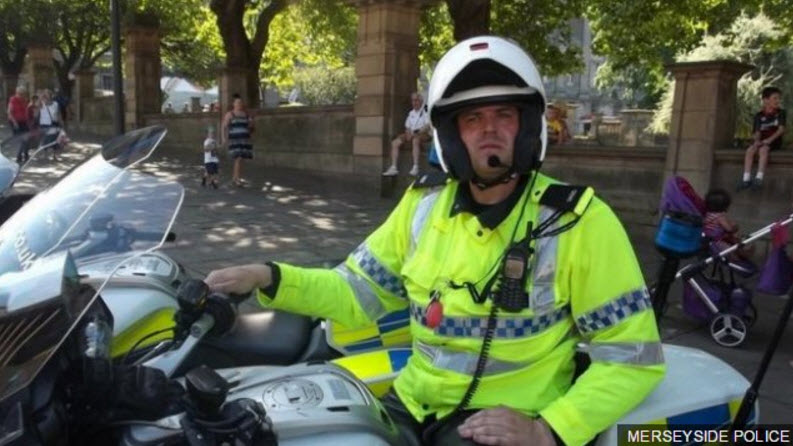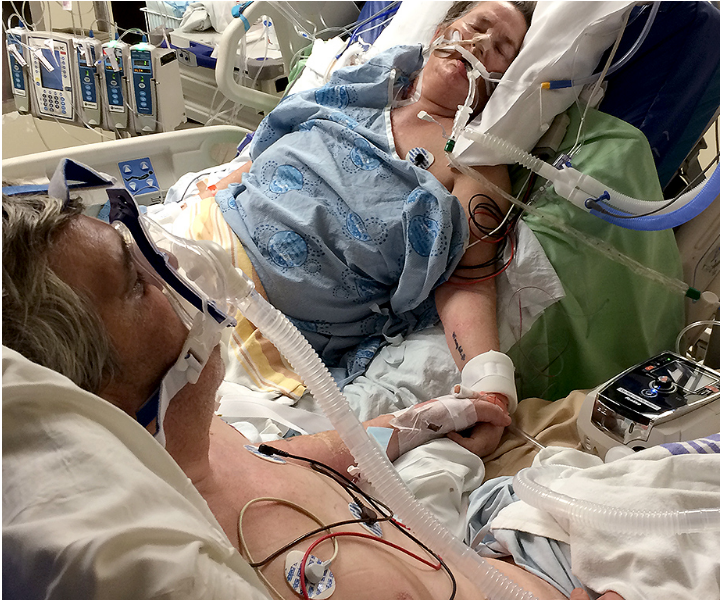A wife who has been campaigning to have her husband’s life support turned off has finally been given the go ahead from a high court judge.
Lindsey Briggs’ husband Paul, who is in his early 40s, suffered a traumatic brain injury in a motorbike crash last year. He was on duty with the Merseyside police in the UK at the time.
Since the accident in July 2015, Paul has been in a minimally conscious state, and has shown no signs of improvement.
A Gulf War veteran as well as an active man, Paul would not have wanted to live like this, his wife Lindsey has insisted throughout the court case.
And while doctors warned that Mr Briggs could potentially emerge from his minimally conscious state, Mr Justice Charles has ruled that life-sustaining treatment can be stopped, and Paul can be moved to a palliative care.
A spokesperson for Irwin Mitchell, the law firm representing the family, said during the case:
“Mr Briggs is a veteran of the Gulf War and has been a dedicated policeman who lived an active life.
“His family strongly believe he would not have wanted to carry on being provided medical treatment in his current condition.
“Paul would have wanted medical treatment to be withdrawn so that he could pass away with dignity.”
After the ruling Paul’s wife said the court case was “The hardest thing we have ever had to do, but we did it for Paul.
“We are grateful that Mr Justice Charles has shown compassion towards Paul, has respected his wishes and values and has understood what Paul would have wanted.
“He has been able to place himself in Paul’s situation, and for that we will be forever thankful.”
26-year-old Chelsea Rowe drove her car into the path of Paul’s motorbike on the night of July 3, 2015. She is serving 12 months in prison after admitting caused serious injury by dangerous driving.


